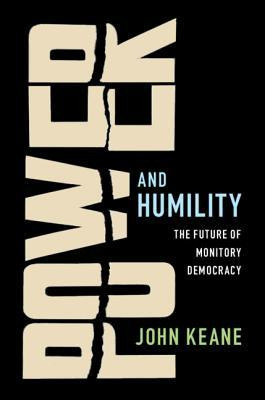Product Description
In this essay, John Keane rethinks the relationship between the media and democracy. He opens up and explores a cluster of vital where did the modern ideals of republican democracy and 'liberty of the press' originate? Have they been destroyed during the twentieth century by new forms of state censorship, or the emergence of transnational media conglomerates, or the growth of electronic media? Do the new digital technologies, satellite broadcasting and the convergence of broadcasting and telecommunications hinder or help these ideals? Is the free and equal communication of citizens through the media a feasible ideal at the end of the twentieth century?
While these questions have long been neglected in social science and in the high-pressured world of print and electronic journalism, Keane restores them to the centre of political analysis and debate. He challenges many conventional assumptions of journalists, academics and policymakers. His essay sets out a radically new account of the importance of the media to democracy and elaborates a new conception of the public service model of communications - a model which would expose invisible power, publicize risks and facilitate 'a genuine commonwealth of forms of life, tastes and opinions'.
All of our books are second hand, and while you may not get the exact copy shown in the picture, all of our books are in very good condition. Removing stickers from a book may damage it, so we refrain from doing so. If you see a price sticker on a book, please ignore it.
 Euro
Euro
 British Pound
British Pound







